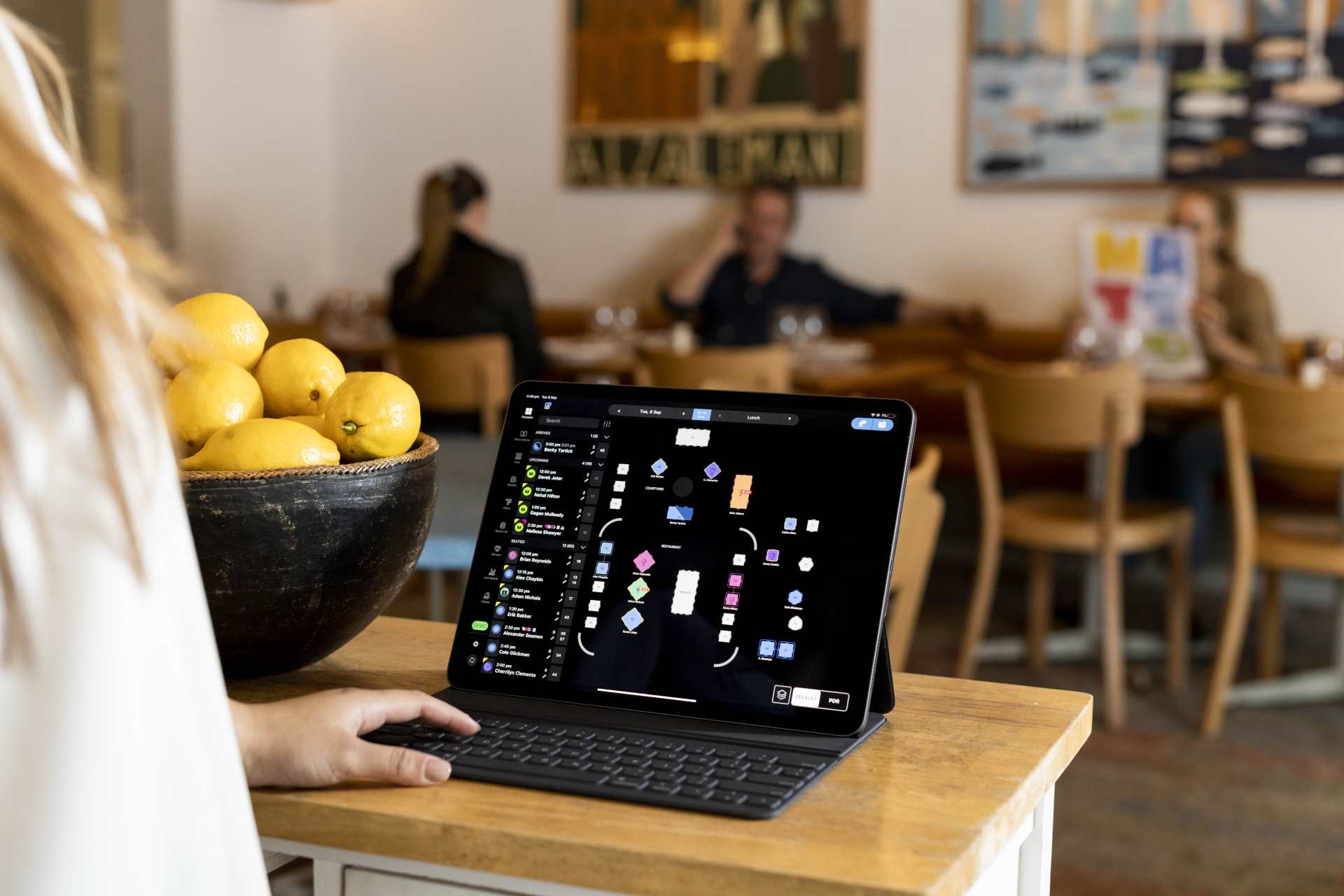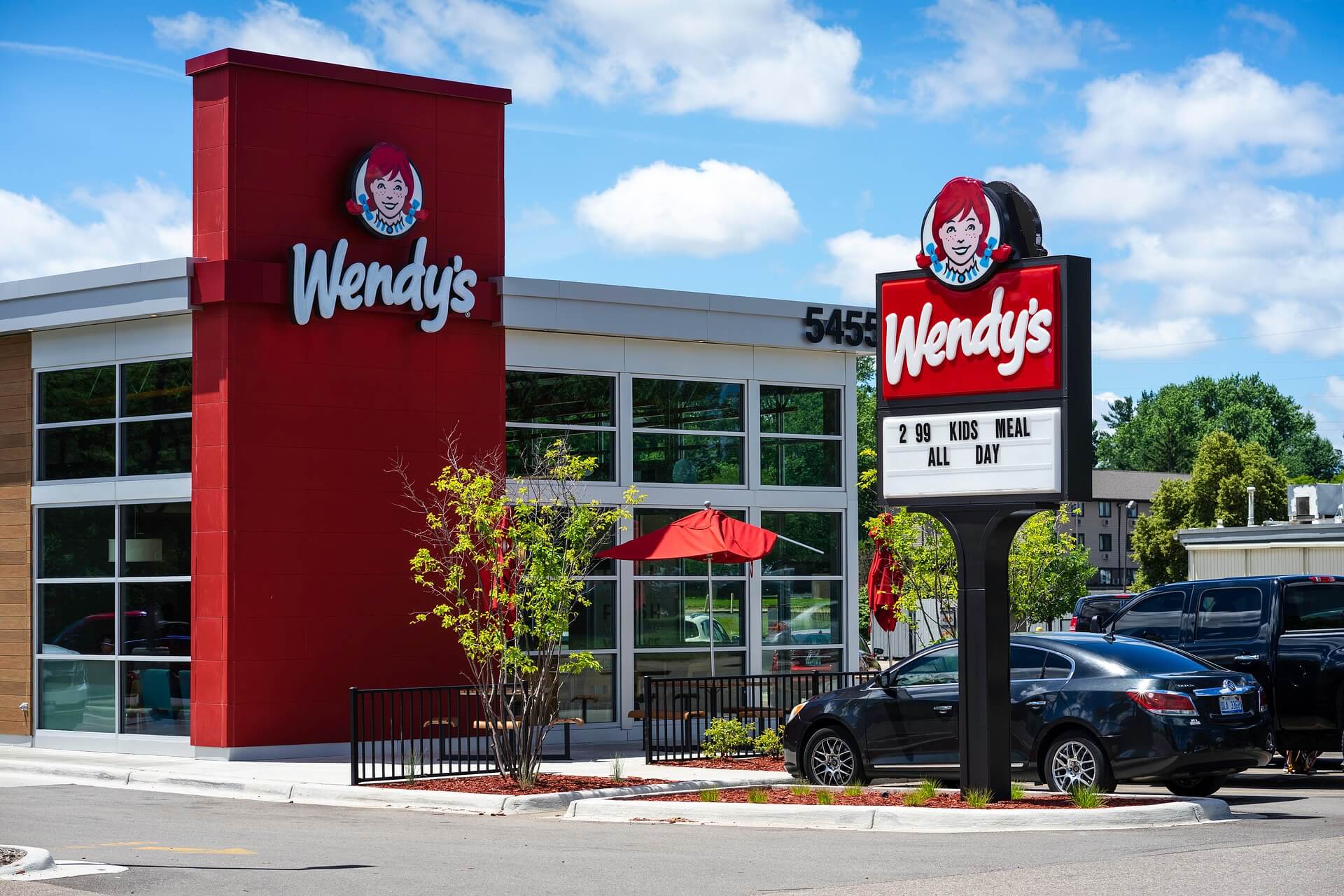5 Books to Read this Month: December 2022
by David Klemt

This month’s engaging and informative book selections will help you hone your culinary, cocktail, and operational skills to dial in your business.
To review November’s book recommendations, click here.
Let’s jump in!
The Book of Cocktail Ratios: The Surprising Simplicity of Classic Cocktails
Understanding recipe ratios will help any bar professional produce balanced, delicious, and memorable cocktails. In fact, getting a grasp on ingredient ratios is a fundamental bartender skill, and it’s crucial to the guest experience.
Author Michael Ruhlman organizes The Book of Cocktail Ratios into five cocktail families. And interestingly, Ruhlman makes a bold claim: many popular cocktails are actually the same cocktail—adjusting the ratios makes them seem different. Grab this book here.
Chef’s PSA: How Not to be the Biggest Idiot in the Kitchen
Look, most of us have been in at least one situation or new workplace where we may have felt like the biggest idiot there. It’s not a pleasant feeling, but at least it’s a feeling we can get over.
This collection of “culinary truisms” aims to set new chefs up for their first steps into a new kitchen: “This book is filled with short little lessons or PSA’s that every cook needs to know to get along successfully in the kitchen. The great thing about this book is that it is a guide for you early in your career and later when you are developing others.” Pick up Chef’s PSA here.
Jacques Pépin Art Of The Chicken
Chef Jacques Pépin loves chicken. In fact, Chef Pépin loves chickens so much that he doesn’t just honor them in the kitchen, they’re the subject of his paintings as well.
Not only will you find beautiful illustrations in Jacques Pépin Art Of The Chicken, you’ll learn about Chef Pépin’s journey through the culinary world. And, of course, there are recipes to learn. Purchase via Amazon here.
The Death of Demographics: Valuegraphic Marketing for a Values-Driven World
Regular listeners of the Bar Hacks podcast will recognize author and speaker David Allison. He has, after all, been a guest twice, appearing on episode 46 and episode 67.
The Valuegraphics Project founder’s latest book, The Death of Demographics, is available in hardcover, paperback, and Kindle formats. From Amazon: “By focusing on deep values rather than surface habits or traits, valuegraphics uncover what drives and unites us. Based on decades of behavioral science research, adding valuegraphics to your insights can improve your marketing effectiveness by a factor of eight or more.” Purchase this book here.
The Business Scaling Blueprint: Building a Foundation to Grow Your Brand
Author and business mentor Tony DiSilvestro has started more than 30 businesses over the course of 30 years. As a mentor, he shares the lessons he’s learned with CEOs and entrepreneurs, and now he’s sharing his experience in book form. The Business Scaling Blueprint is, as the name implies, a practical path toward growing brands.
As a business owner, operators need to grow and scale their restaurants, bars, and hotels. Even if there’s no intention to expand to a multi-location or multi-concept business, growth and scalability are crucial to any business. Available for pre-order on Amazon.





